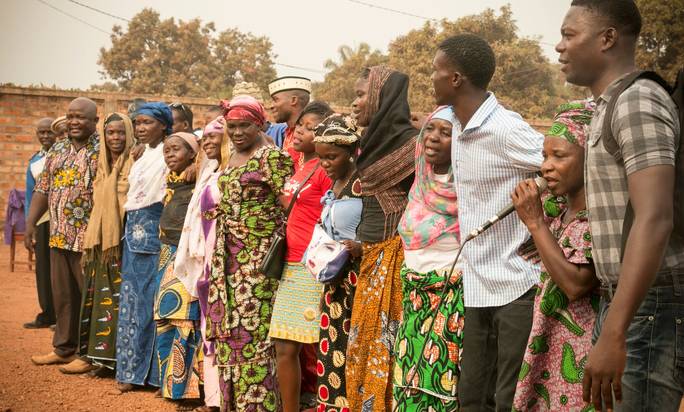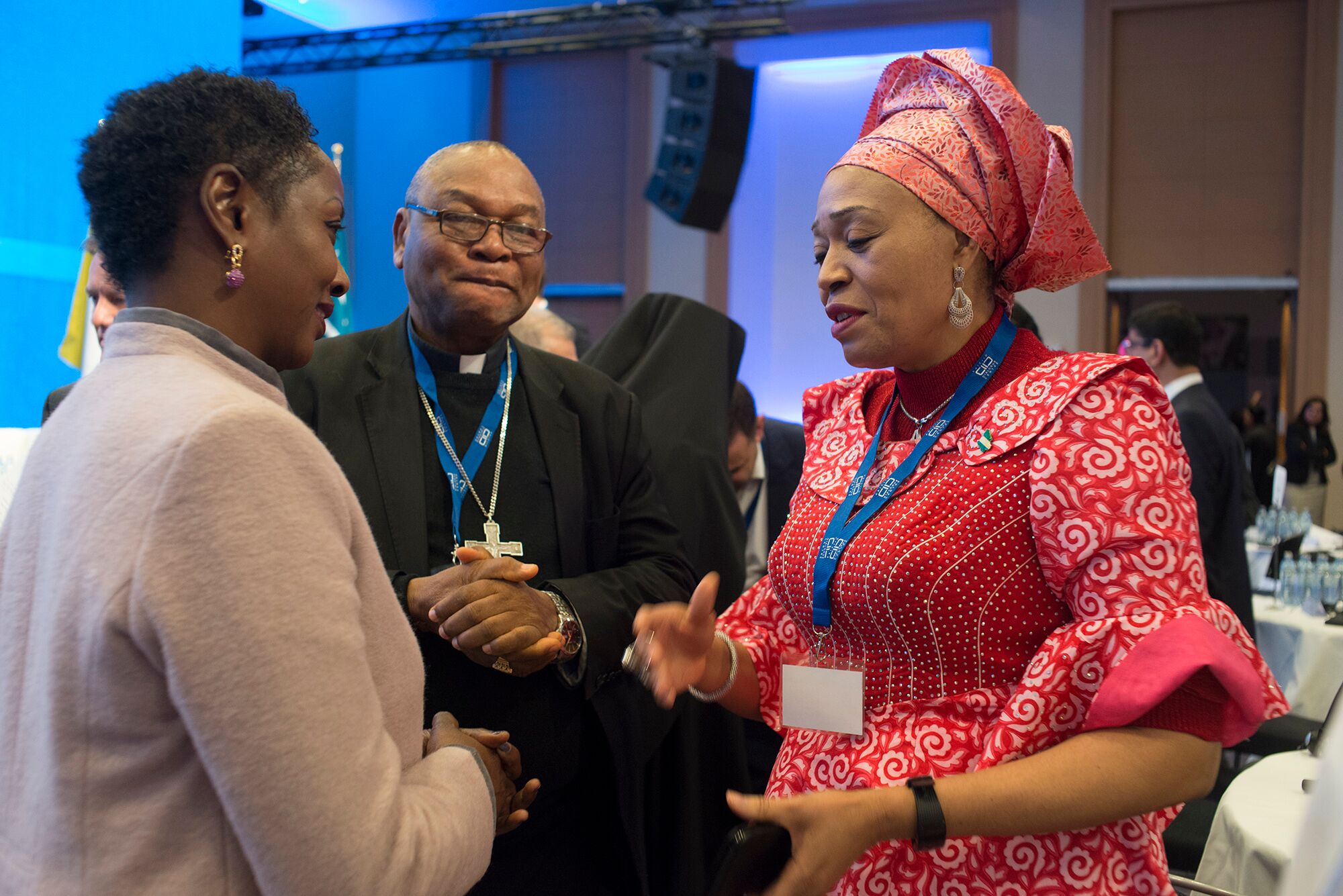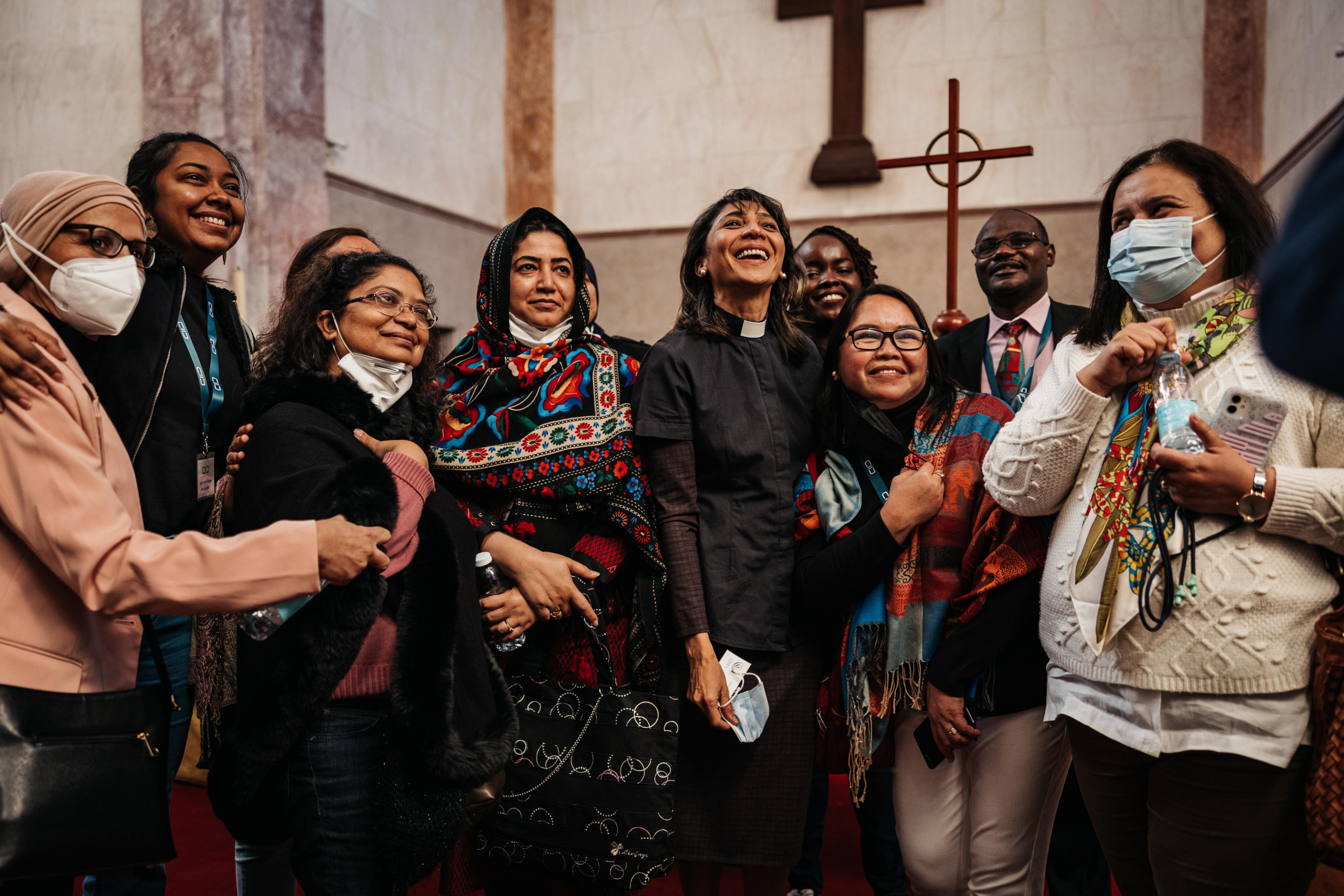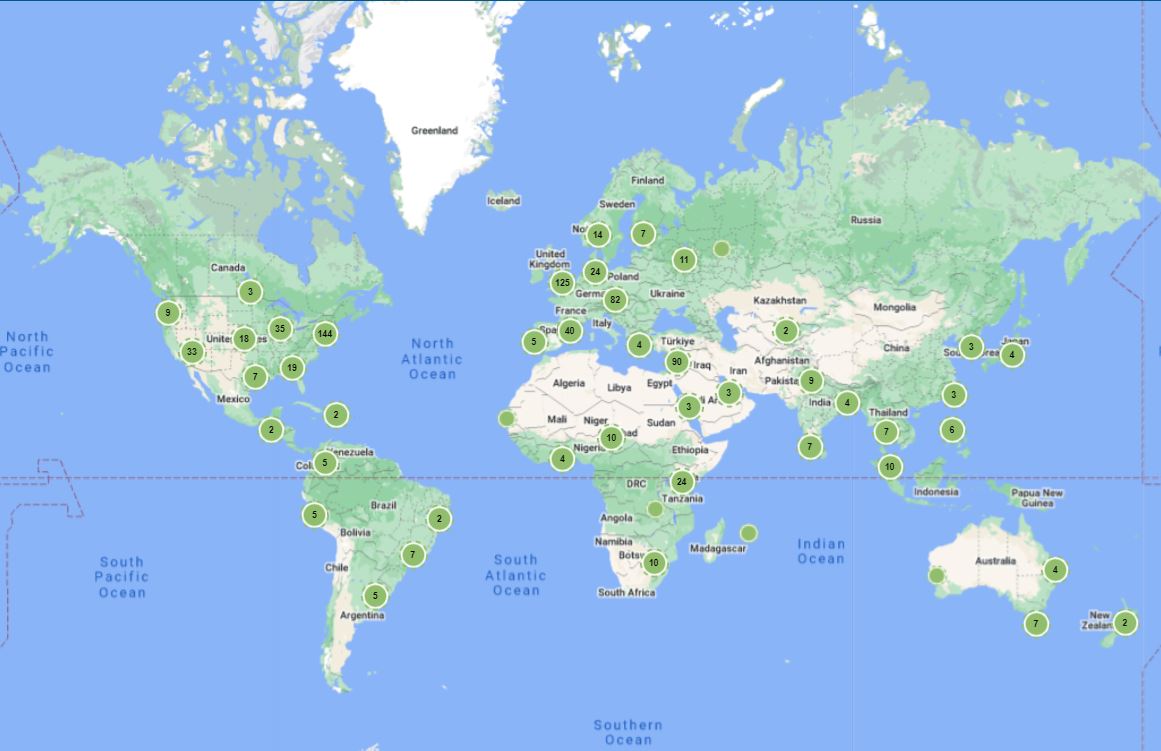Promising Practices
Promising Practices is a collation and expansion of existing documentation on promising practices in interreligious dialogue. Our database offers guidelines and focuses on the concrete implementation of interreligious and intercultural dialogue practices around the world.

Disclaimer:
Through providing different aspects and ideas our aim is to compliment the great work that has been already done in the field of Interreligious and Intercultural Dialogue. Information and field data published in this resource are for informational purposes only, and neither KAICIID nor the Dialogue Knowledge Hub guarantee in any way success of the implementation of the activity.
While we wish all the activities and initiatives featured in this resource could be replicable in as many context around the world as possible, there are often certain limitations, such as the suitability for particular cultures or religious communities. However, there is always room to explore and adjust activities in regards to the community’s environment.
- Cyprus
- Oman
- Rwanda
- USA
- Advocacy
- Capacity Building & Empowerment
- Confessional / Religious / Spiritual Activities
- Democracy
- Diplomacy
- Educational Programmes
- Environment
- Freedom of Expression
- Freedom of Religion and Belief
- Information Distribution
- Intercultural Dialogue
- Interreligious Dialogue
- Intrareligious Dialogue
- Networking
- Peace
- Pluralism
- Social Cohesion & Citizenship
- Buddhism
- Christianity
- Islam
- Judaism
- Multireligious
Interfaith Art
Art can be an innovative practice to promote interfaith dialogue and peaceful coexistence. Through exhibitions, murals, or classes, individuals of different backgrounds can unite together and create art that transcends beliefs and clashes. A community or an organization can organize an exhibition on particular characteristics of a religion to present to other faiths, to engage in understanding, interfaith dialogue and coexistence. Moreover, local artists can work with faith-based communities, local residents, and college students to produce murals that reflect shared values and hopes for their neighbourhood, therefore bridging religious, socio-economic, racial, and generational divides. For people who cannot use words to express how they feel or those who are subject to oppression, art can be a peaceful way of expression and protest. Art products can be gathered in a free exhibition in a public area to raise awareness. Ultimately this practice pushes participants to ponder and evaluate their preconceived ideas and prejudices through art.
- Lebanon
- Philippines
- Rwanda
- USA
- Capacity Building & Empowerment
- Freedom of Expression
- Freedom of Religion and Belief
- Intercultural Dialogue
- Interreligious Dialogue
- Intrareligious Dialogue
- Networking
- Pluralism
- Social Work & Community Service
- Women's Rights
- Youth
- Christianity
- Islam
- Judaism
- Multireligious
Organization of Informal Dialogue Meetings
People from different backgrounds meet each other in a fixed setting, i.e. coffee shops, at universities, schools, homes or online to engage in dialogue, usually on a regular basis. Through dialoguing, personal relationships may be built, especially through meeting in an informal setting, as this makes it easier for the participants to open up towards the other. Any individual or group with proper interest can organize such a meeting.




